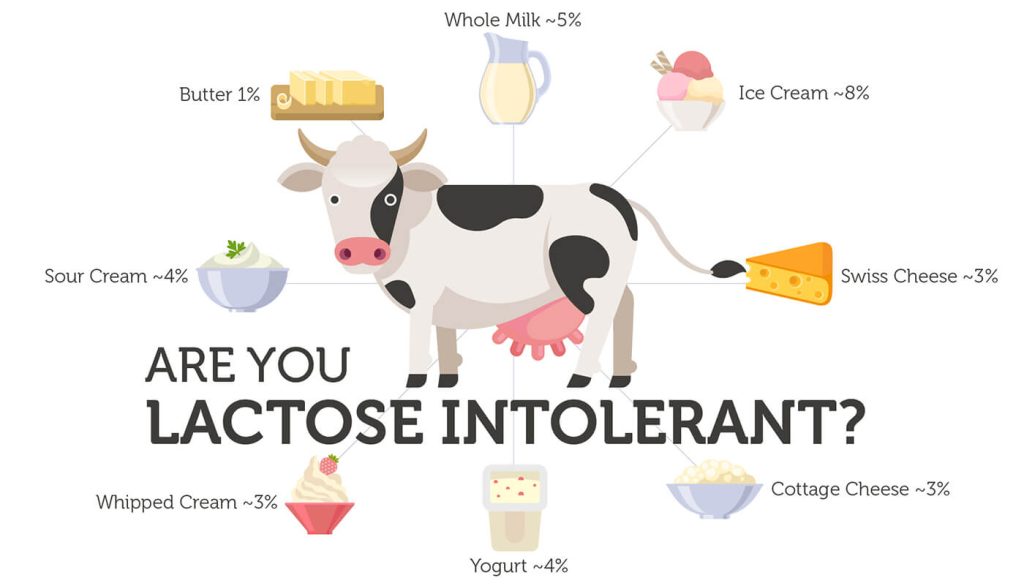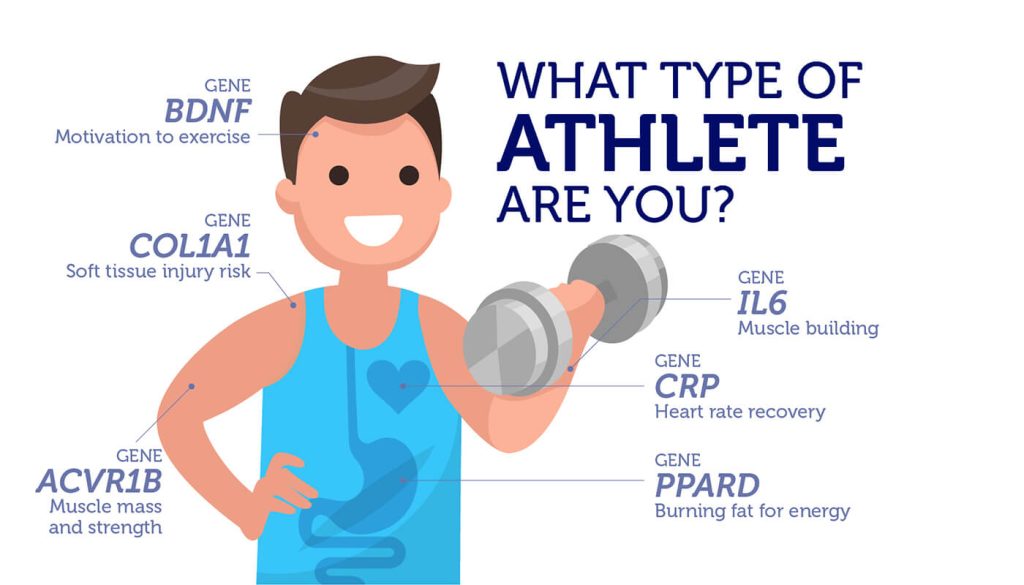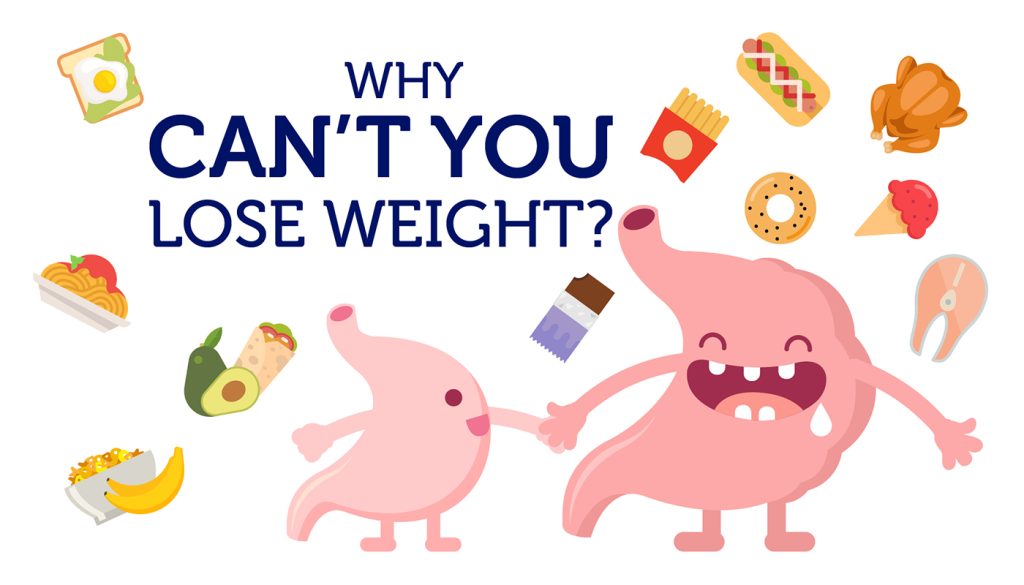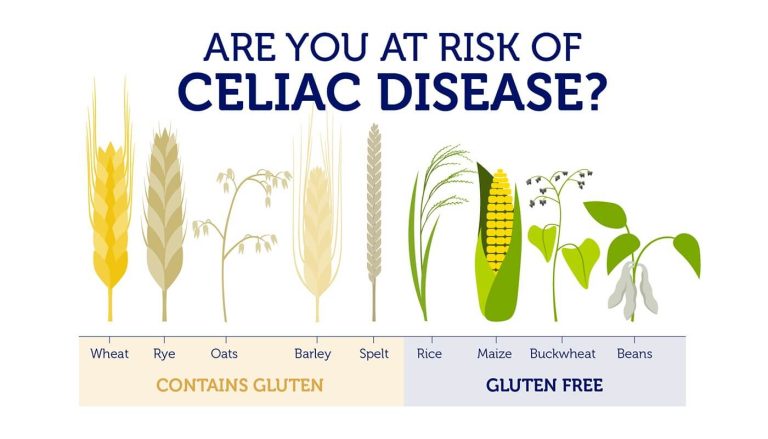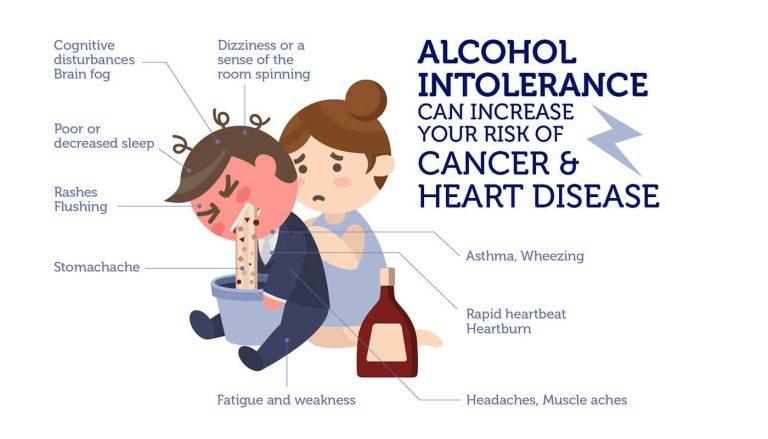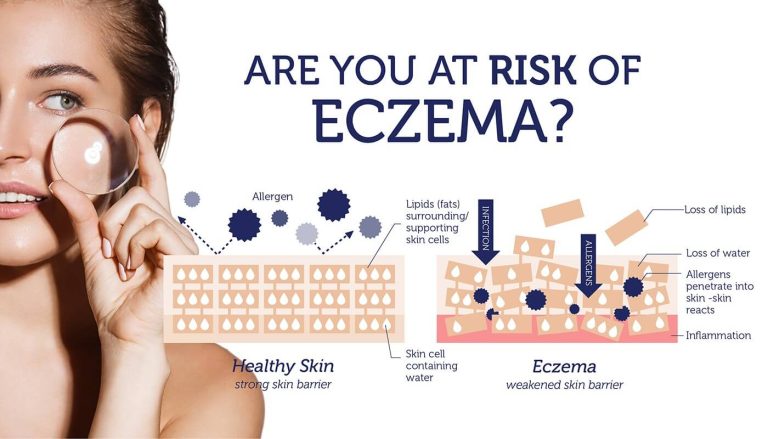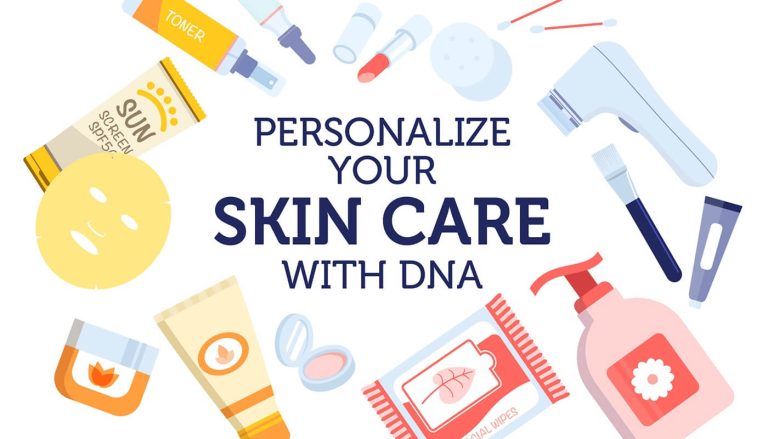Three days left until your next marathon. On top of the many months of hard training, you’ve stocked up on whole grains, sweet potatoes and tart cherries. You’re planning to give your body one final boost with carbohydrate loading.
Carb loading is a technique used to maximize endurance by increasing the amount of fuel (glycogen) stored in your muscles. When executed properly, carb-loading could shave minutes off your race time.
But, the outcome of carb-loading is not as universal as we would like it to be. This is because a variety of factors, including training environment, body weight and genetics influences our our response to carbohydrates. Genes in particular, have a substantial effect on many aspects of carbohydrate biology, from absorption, to breakdown and storage.
Sugars for energy
Our muscles use both fats and glucose for energy. Even though fats generate twice as much energy as glucose, our primary energy source during intense exercise is the easily-accessible glucose. Glucose is stored as glycogen within our body, and training and carb-loading can optimize this storage supply.
Bread, pasta and rice are typical foods in a pre-marathon carb-loading diet. The high carbohydrate content of these foods helps increase glycogen stores and blood glucose levels. Elevated blood glucose also stimulates the release of insulin to promote glycogen storage.
Accumulating glycogen stores
Genetic variation also plays a role in the accumulation of glycogen in our muscles. The glucokinase (GCK) enzyme controls the first step required to convert glucose to glycogen.
So, when blood glucose levels are low, GCK is turned off by the glucokinase regulatory protein (GCKR). When glucose becomes available, GCKR releases GCK, so it can facilitate the conversion of glucose to glycogen.
But, people with a genetic variant of GCKR (rs1260326) can’t inactivate GCK. They store glycogen even when blood glucose levels are low, resulting in persistently low blood glucose levels. These people might have an advantage when it comes to carb-loading because they will be able to fill their glycogen stores to the brim.
Protection from type 2 diabetes
Lower blood sugar levels associated with rs1260326 also come with another added benefit – protection against type 2 diabetes. Diabetes is characterized by persistently high glucose levels in the blood. So it’s easy to see how a genetic change that enhances the storage of glucose will reduce the risk of diabetes.
These findings suggest that blocking GCKR (which will increase GCK levels and lower blood glucose levels) is a potential therapeutic option for treating diabetes. Two such anti-diabetic compounds have been identified in mice. Future experiments will show their effectiveness in people.
Should you be limiting your sugar intake?
Our relationship with carbohydrates is anything but simple. In the wake of ever-increasing rates of diabetes, sugar is often blamed for hyperactivity in kids, weight gain and even cancer. But our bodies do need some sugar, and carb-loading is a prime example of the benefits.
It’s the excessive consumption, rather than sugar itself that increases our risk of diabetes, obesity and cardiovascular disease. Yet there are some of us with genetic changes that may actually protect us from the detrimental affects of excess sugar, which is a reassuring fact since limiting our sugar consumption is no simple task. Uncover your risk with the DNA Type 2 Diabetes Test.




